Table of Contents
Ford has officially entered the electric vehicle market with the launch of its all-electric Explorer. Announced in March 2023, production commenced in June 2024. This groundbreaking SUV is tailored specifically for the European market, aiming to become the go-to family vehicle. By combining American design and German engineering, Ford has crafted an innovative and efficient electric SUV. Discover how Ford Electric Explorer is shaping the future of electric mobility in Europe.”
Ford Electric Explorer is Designed for European Families
The Ford Electric Explorer is built with European families in mind. This five-seat SUV offers a perfect blend of style, space, and advanced technology. With 470 liters of storage space and a state-of-the-art 15-inch movable touchscreen that supports Android Auto and Apple CarPlay, it caters to the needs of modern families on the go.

German Engineering Meets American Design
Ford’s collaboration with German engineers has resulted in a vehicle that is both stylish and reliable. Built on Volkswagen’s MEB platform, the same one used for the VW ID.4, the Explorer EV marks a significant milestone in the 2020 partnership between Ford and Volkswagen aimed at revitalizing Ford’s presence in Europe.
Powertrain Options and Impressive Range
The electric Explorer offers two powertrain options: a single-motor rear-wheel drive (RWD) and a dual-motor all-wheel drive (AWD). The single-motor model is priced at £45,875 ($58,000) and comes with a 77 kWh battery.

The dual-motor version, priced higher, features VW’s 335 hp powertrain and a 79 kWh battery. Both versions come with an extended-range NMC battery, providing an estimated range of over 600 km (over 370 miles) on a single charge.
Fast Charging Capabilities
One of the standout features of the Explorer EV is its fast-charging capability. The vehicle can charge from 10% to 80% in about 25 minutes, ensuring that drivers can quickly get back on the road. This feature is particularly beneficial for long family trips, reducing downtime and enhancing convenience.
Production at Cologne EV Center
The electric Explorer is manufactured at the newly revamped Cologne Electric Vehicle Center in Germany. This facility is pivotal to Ford’s electric vehicle strategy in Europe. The first Explorer EV rolled off the assembly line at this center, marking the beginning of a new era for Ford. According to Kieran Cahill, VP of Manufacturing for Ford Europe, this milestone represents the start of a transformative period for the company in the region.
Anticipating the Second Cologne EV
Following the success of the electric Explorer, Ford is already preparing to introduce a second electric vehicle. Expected to be a sports EV crossover, the new model will also be produced at the Cologne plant and is anticipated to launch later this year. Speculations suggest that this new EV might be an electric version of the iconic Ford Capri.
Enhanced Safety and Performance
Ford’s decision to delay the initial production of the Explorer EV last summer was strategic. The delay allowed the company to update the vehicle with a new NMC battery and ensure compliance with the latest global safety standards. This resulted in a superior product that is now ready for the market. Martin Sander, head of Ford’s Europe EV unit, emphasized that the extra time was crucial for delivering a perfect vehicle to customers.

Pricing and Future Models
Ford’s electric Explorer starts at around £39,875 ($50,000) for models equipped with a standard-range NMC battery, which will be available at a later date. The dual-motor AWD model, with its higher performance capabilities, justifies its higher price point. This pricing strategy positions the Explorer EV competitively in the growing electric SUV market.
Ford’s Electric Vision for Europe
Ford’s entry into the electric vehicle market with the all-electric Explorer marks a significant shift in the automotive landscape. With its blend of American design, German engineering, advanced technology, and family-friendly features, the Explorer EV is set to become a favorite among European families. As production ramps up and new models are introduced, Ford’s commitment to electrification and innovation will undoubtedly continue to shape the future of transportation in Europe.


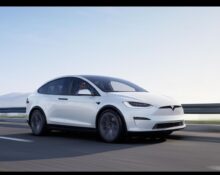
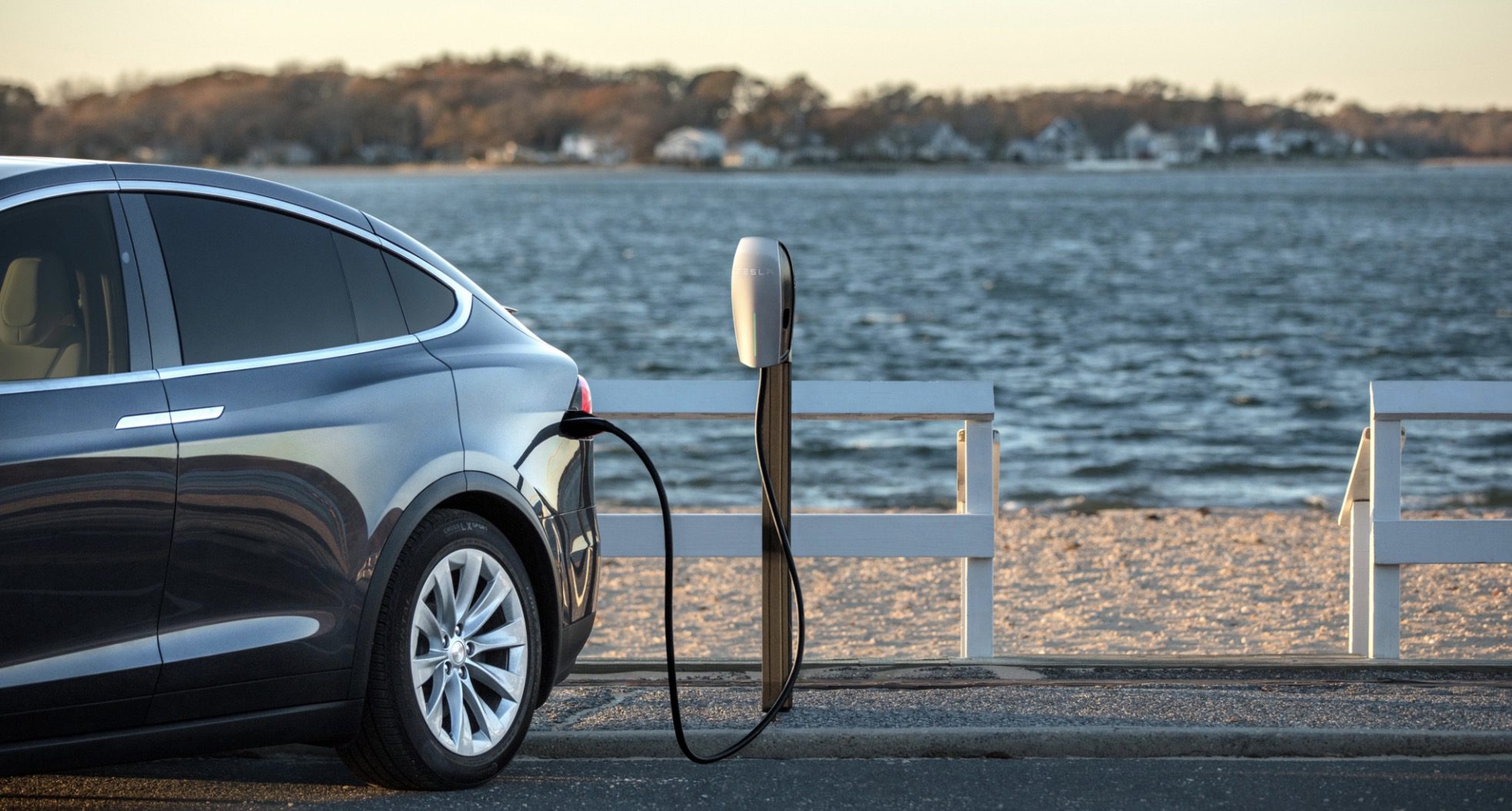
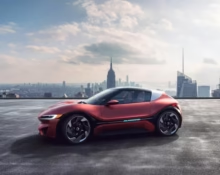

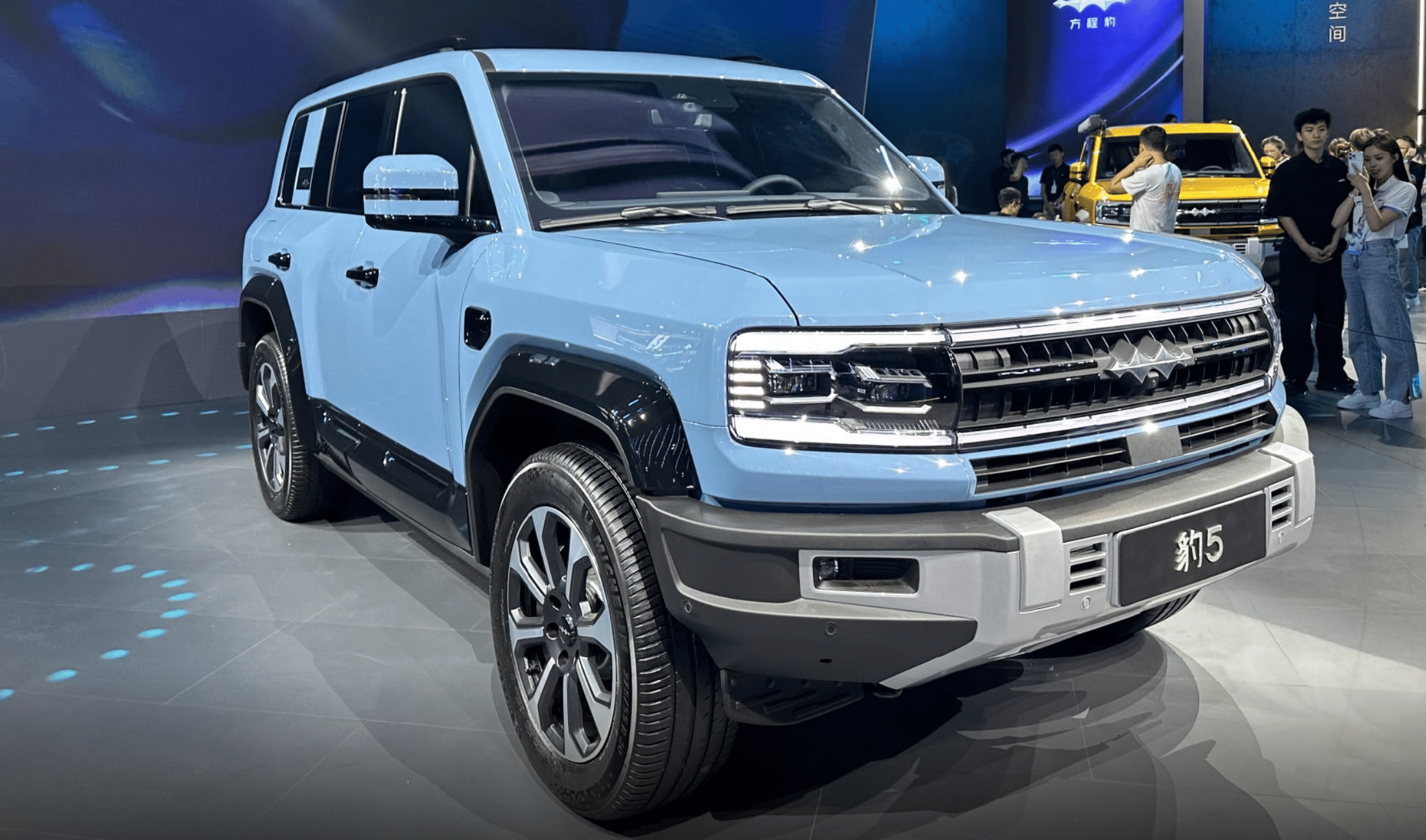
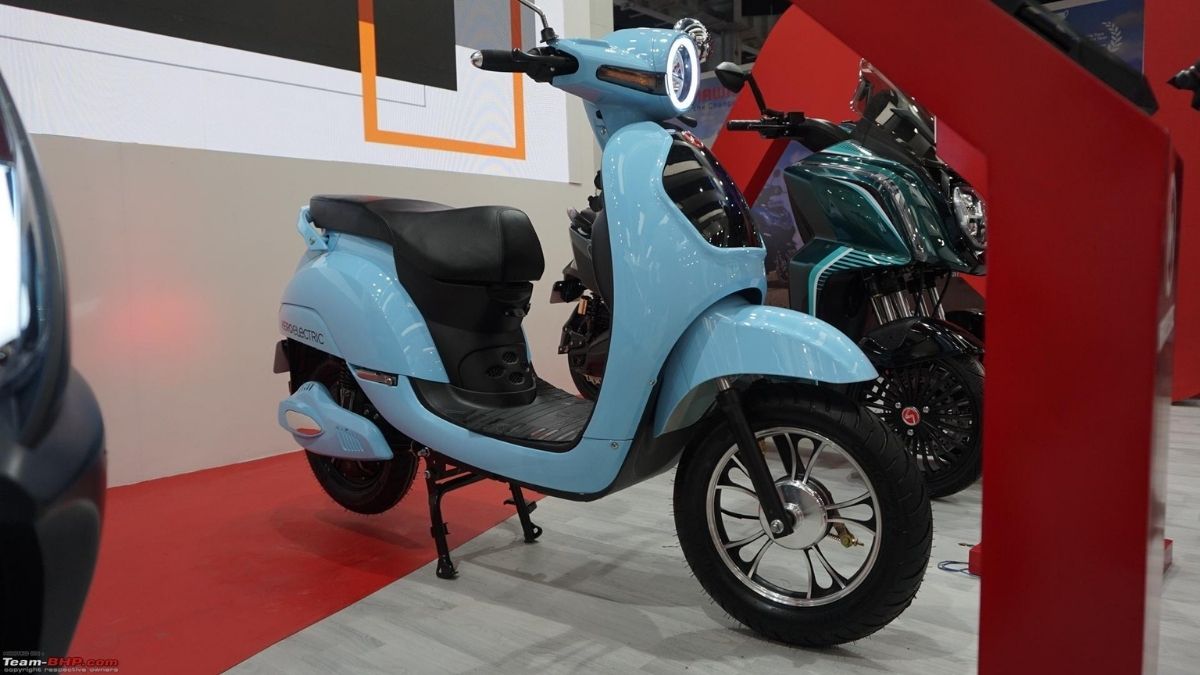
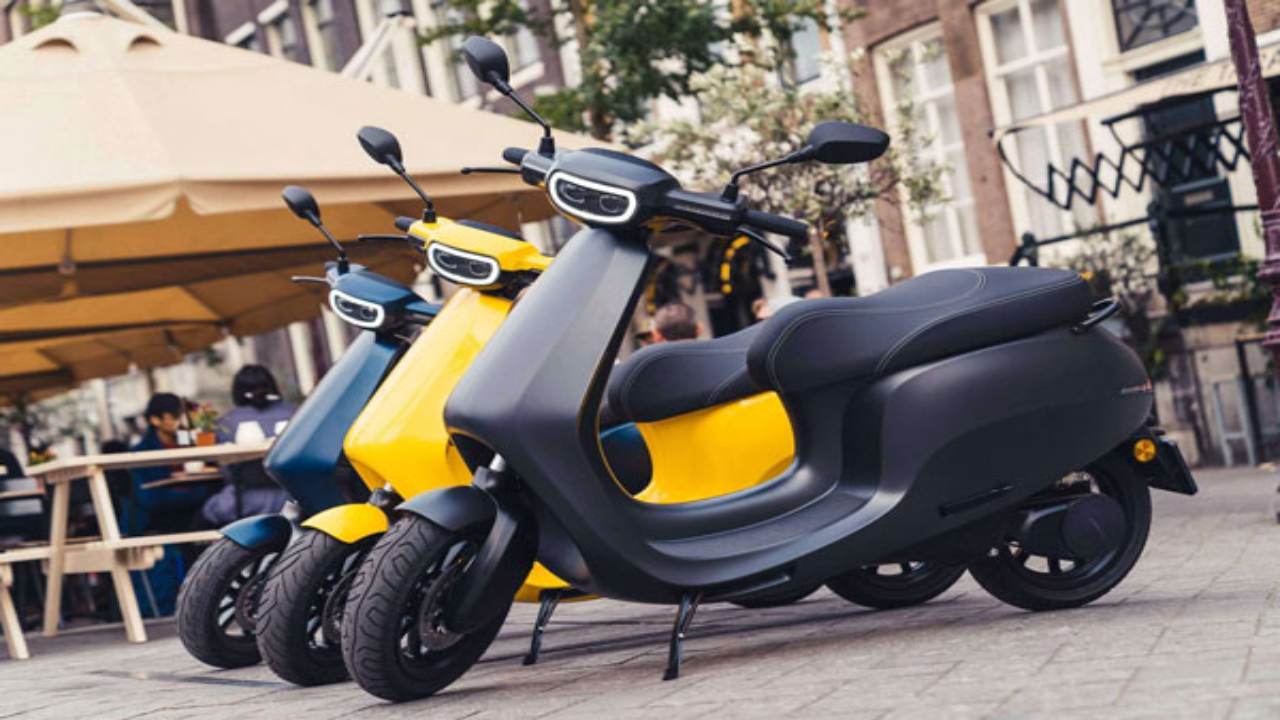

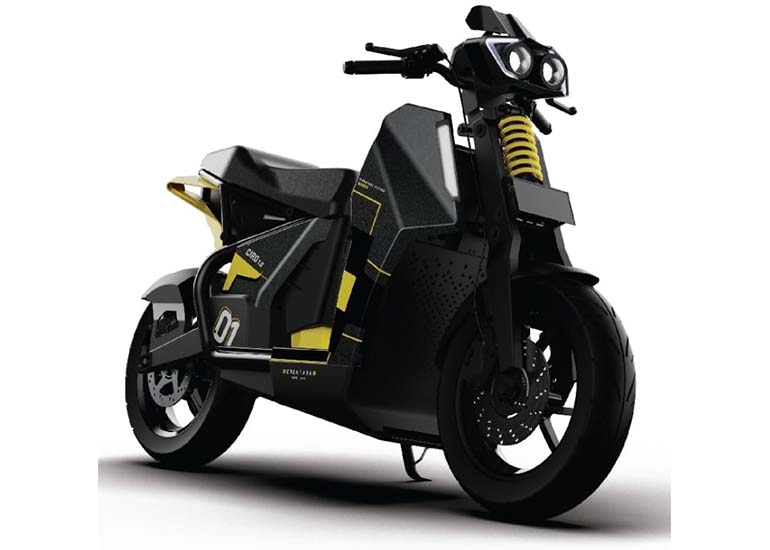
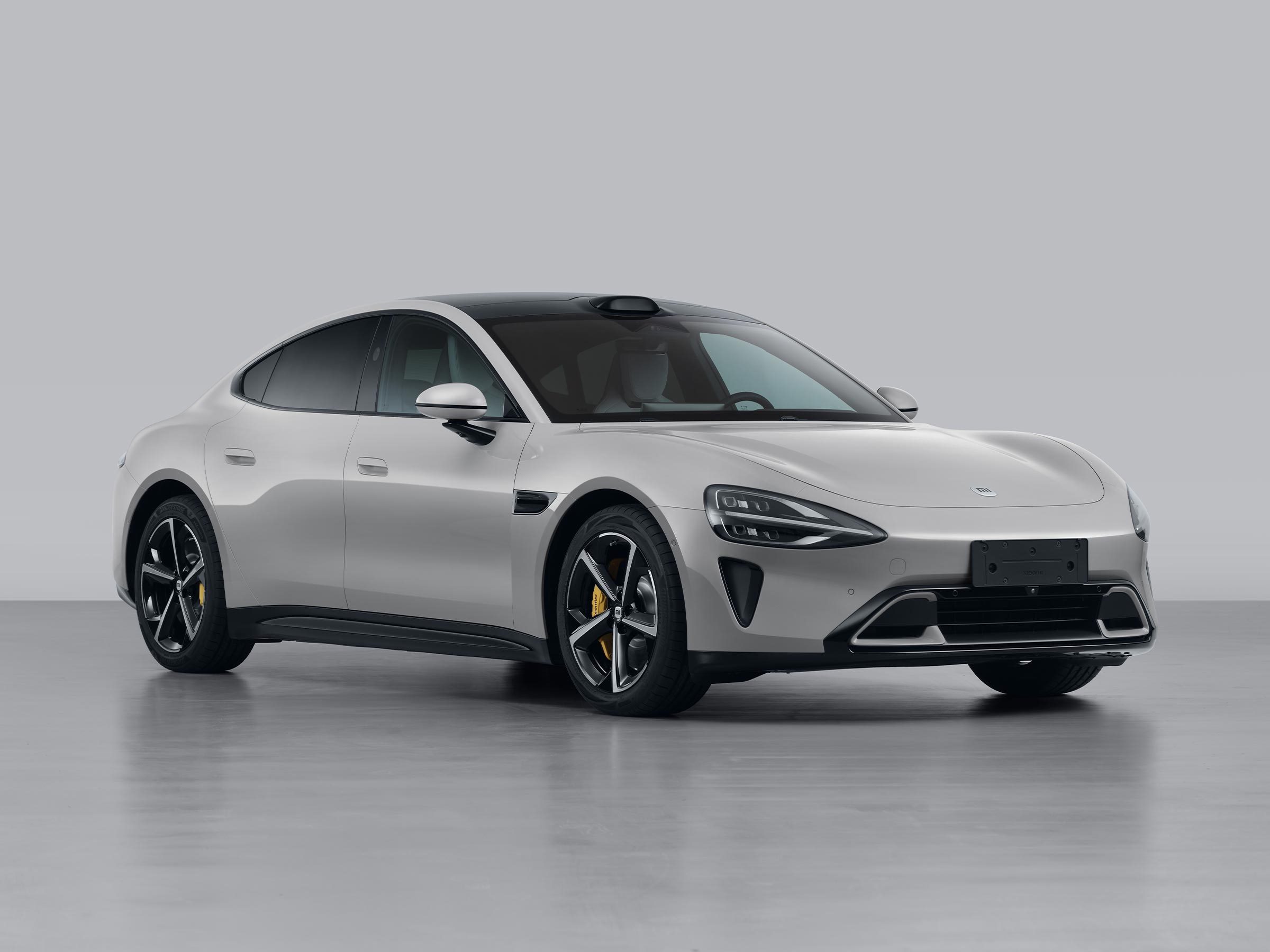

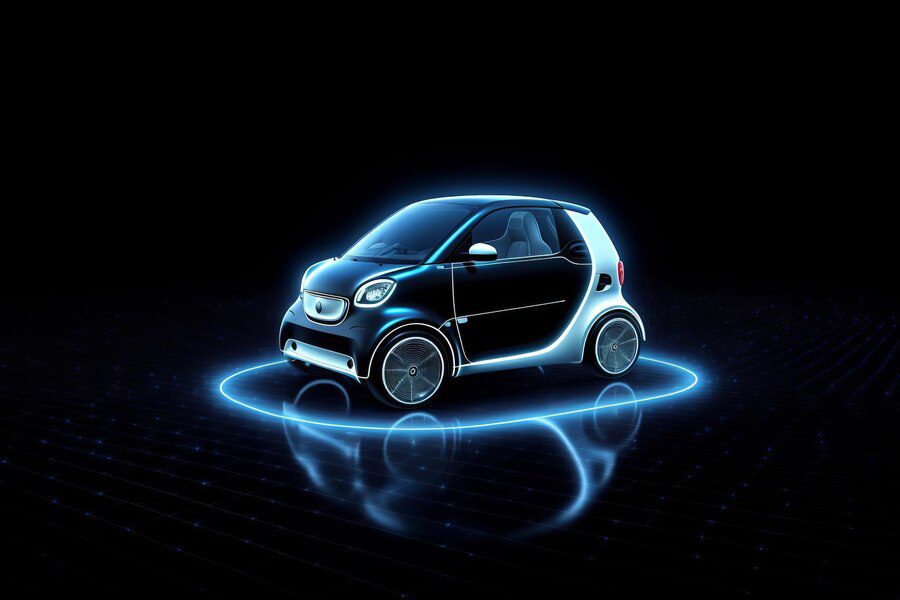
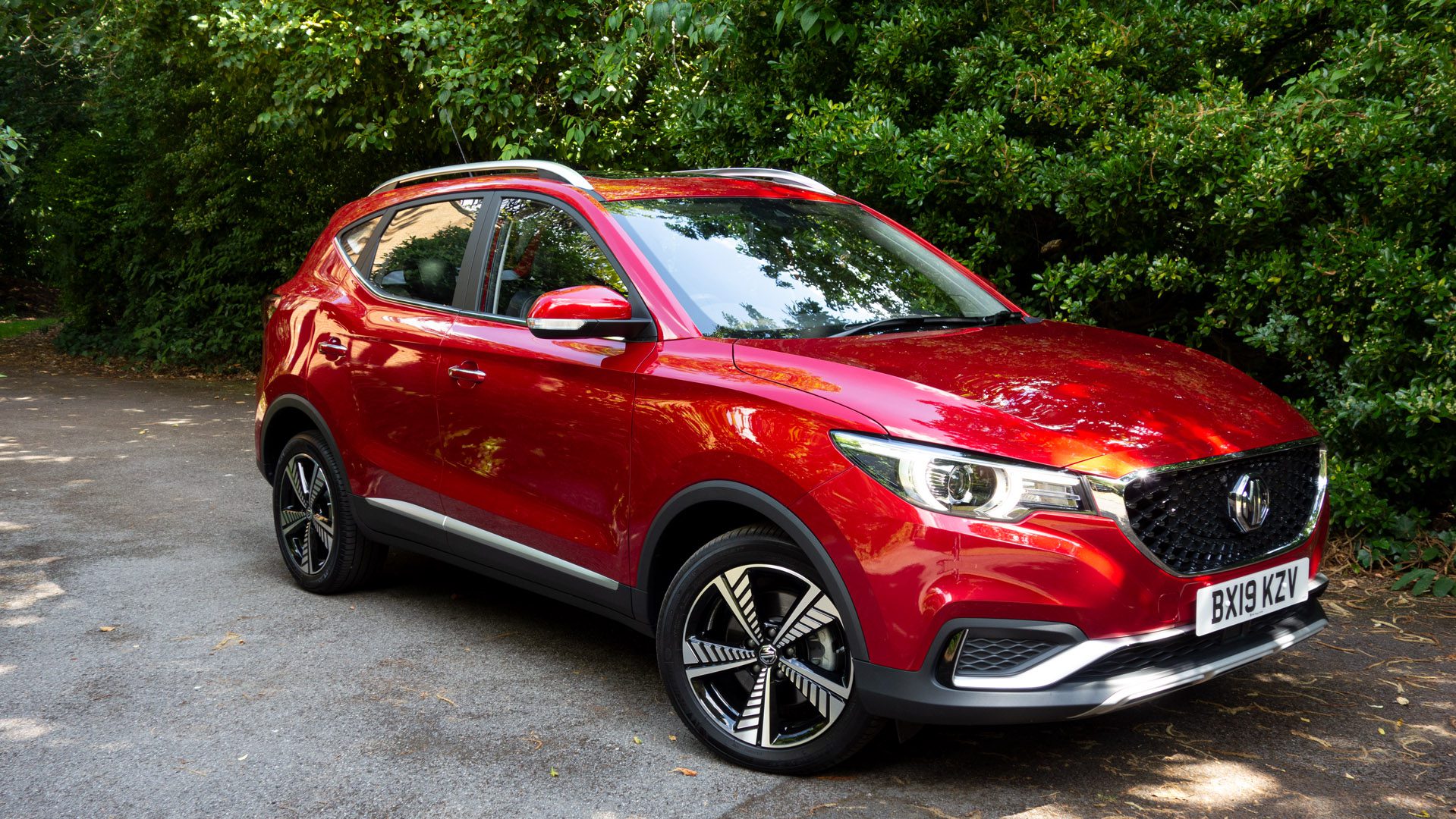
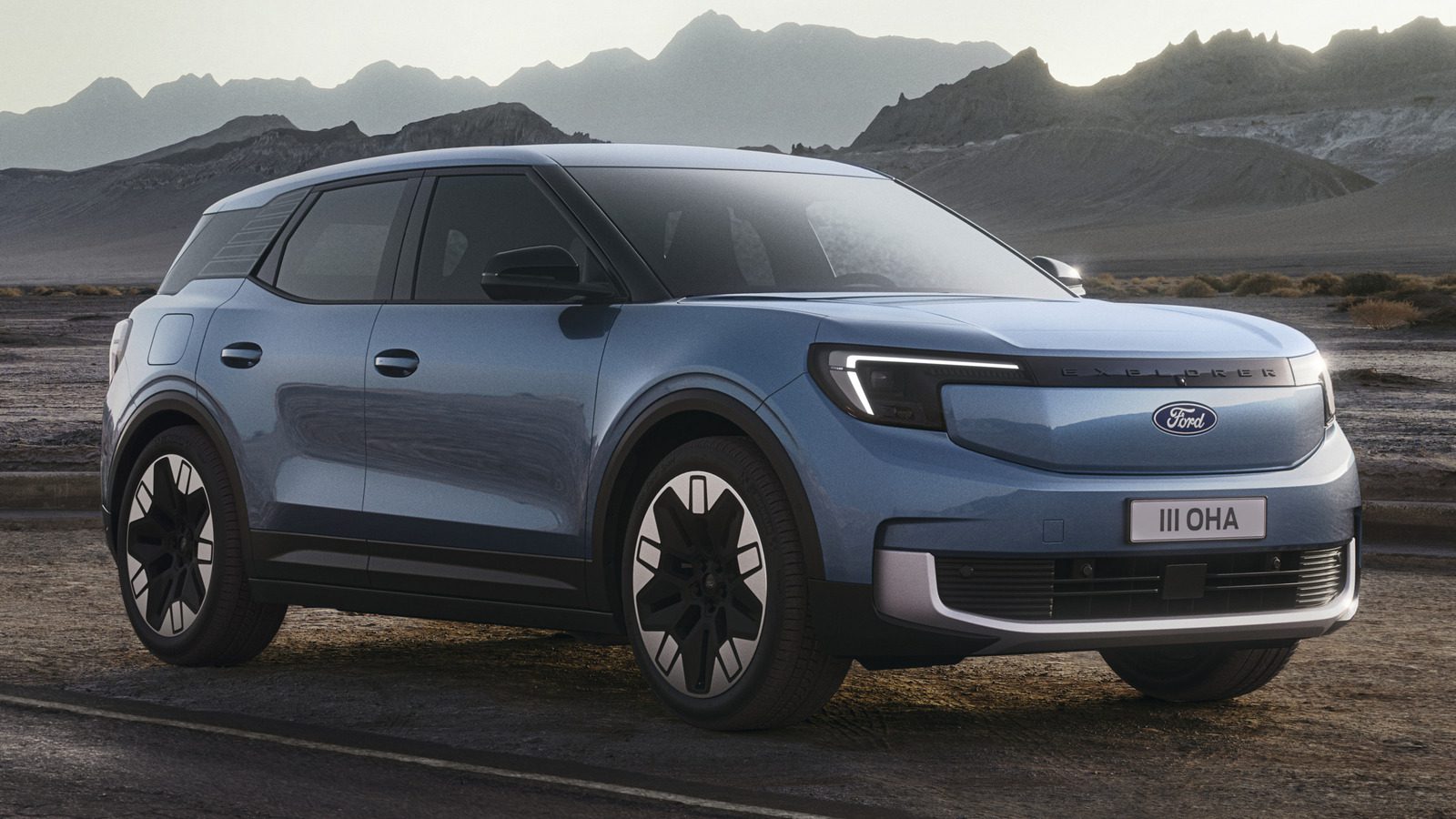





Leave feedback about this